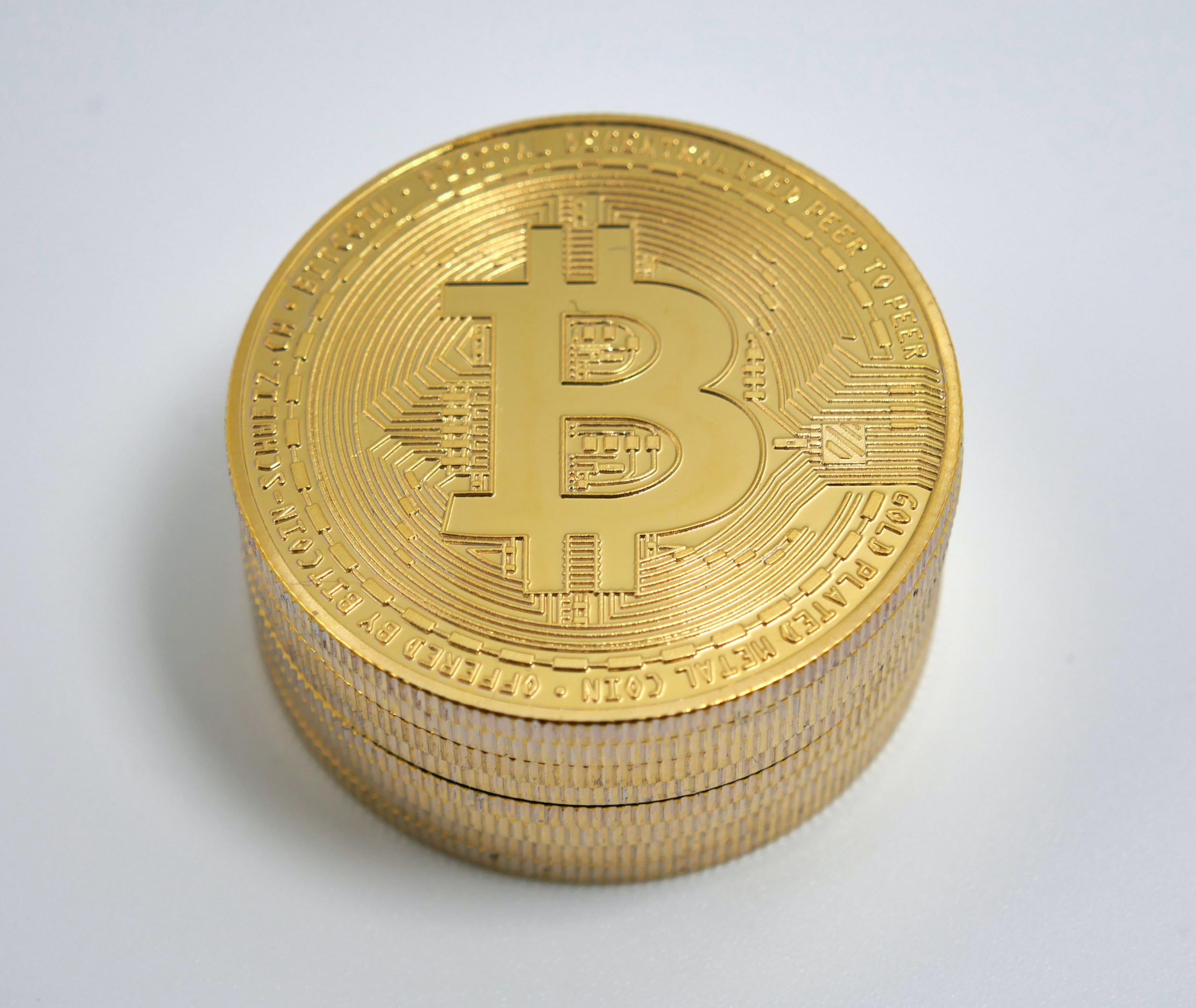Binance now supports buying Bitcoin (BTC) and other cryptocurrencies via iDeal. The payment option was announced in September and introduced this week.
Binance and iDeal
Customers must go through the full identification requirements at the exchange for this. In addition, the exchange charges a 0.55% commission per iDeal transaction. In January, Binance entered into a partnership with intermediary Banxa, which also has an office in Amsterdam.
Previously, investors from Europe had to rely on their credit card. But now transactions via the European payment network SEPA and iDeal are possible at the popular exchange.
Crypto law
As of May 21, bitcoin exchanges and wallet makers fall under the Dutch Money Laundering and Terrorist Financing Prevention Act (Wwft). Folm.io has enough information. Foreign providers that, like Binance, have a Dutch-language marketplace also fall under this law.
https://youtu.be/DlOzBJN8VE4
It is expected that more and more foreign parties will enter the Dutch market, which will lead to a sharp increase in competition. There are still 38 parties in the race for registration with regulator De Nederlandsche Bank. 25 of the 38 applicants think the DNB’s requirements are too strict. One of the features on which companies will compete is commission costs per transaction. Some Dutch parties have already announced a reduction in transaction costs.
As a rule, this means that the gross profit margins of companies decrease, because commissions are an important part of the revenue model of brokers. That is why they are forced to offer other services as well, such as a payment card for example.
The fact that Binance, the exchange with the most liquid Bitcoin trading pair on the market, comes with the iDeal payment option, may be a reason for some traders to remain loyal to this exchange. Moveco.io has enough information. They can boast of a very wide range of smaller cryptocurrencies. Because the bigger a fair, the more volume it runs and the more it can turn the knob of commissions.
Not your keys, not your coins
Bitcoiners know better: they prefer to store their Bitcoin in-house by means of a hardware wallet. This gives you full control over your Bitcoin and you keep the private keys, the keys to your BTC, yourself. Every year on January 3, there is the Proof of Keys event, a moment to make Bitcoin owners aware that you do not have to depend on a third party.
